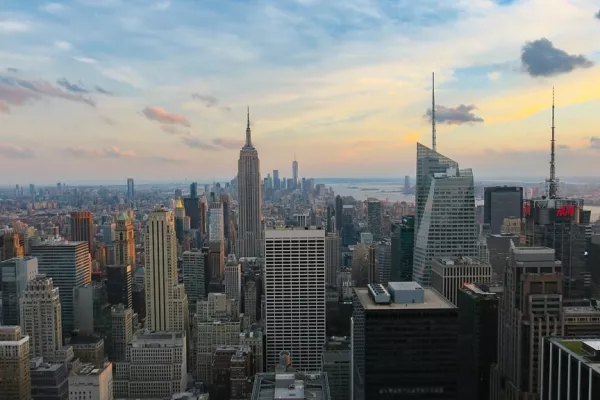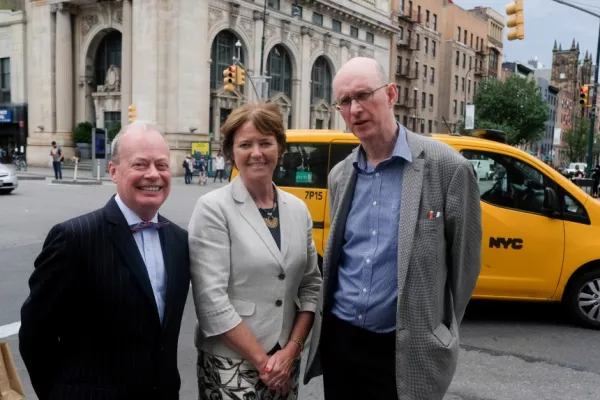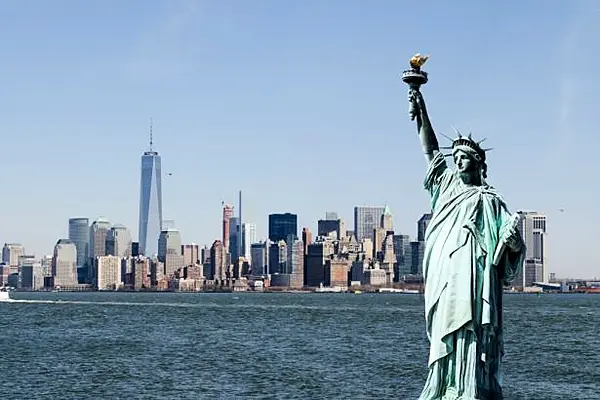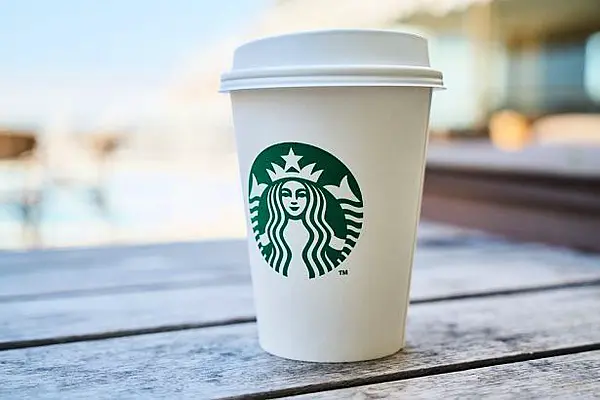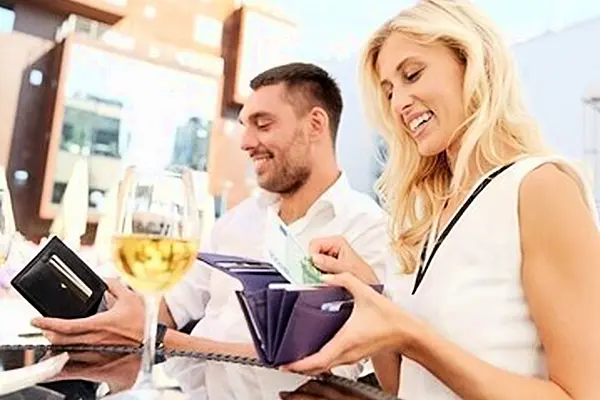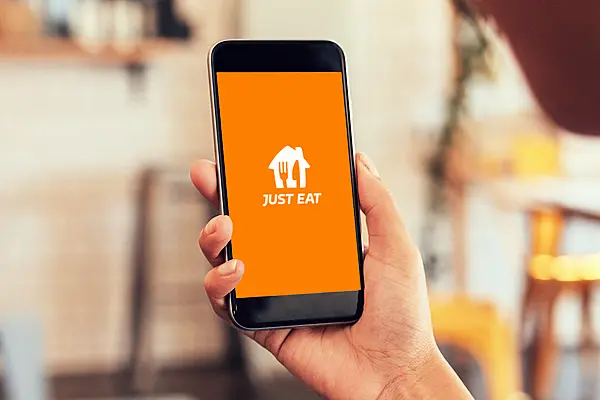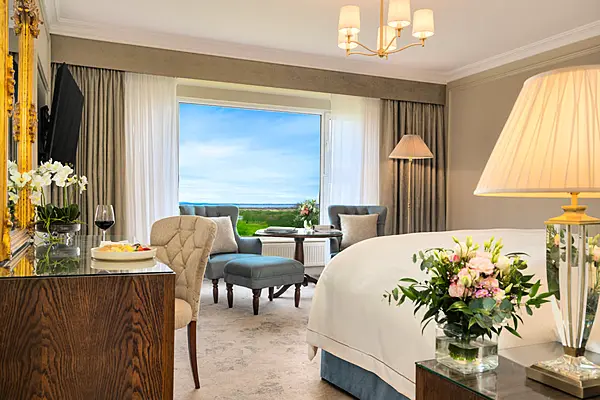A graduate of La Salle University and Harvard Business School, Damian Mogavero started analysing restaurant data in his studio apartment in 1999, counting Danny Meyer and Tom Colicchio among his first customers, back when they were at Gramercy Tavern together. His software company, Avero, now serves 10,000 restaurants in 70 countries.
Ahead of his new book The Underground Culinary Tour (Crown Business, publishing on Jan. 24, 2017), which delves into the key industry trends for the future, he spoke with Peter Elliot from Bloomberg Reserve, a Bloomberg Briefs publication. Comments have been edited and condensed for clarity.
Back in 1999, what was the problem you were trying to solve?I was a frustrated restaurateur. I'd ask simple questions, things like "Who are your top and bottom servers?" or "Why do your food costs go up?" And I would get blank stares and wrong answers. It was an industry problem, so I brought together a team—a chef, a sommelier, a restaurant manager, and three techies—to create Avero, which is essentially a software company that helps restaurateurs answer the most basic business questions so they can drive profitability and better the guest experience.
So you're one of those guys who just loves a spreadsheet?Sort of! The business problem was those answers were buried in the point of sale and a bunch of Excel spreadsheets, if they had the data at all. And it was too cumbersome to get to that data to be able to answer key questions. But those questions determine whether you're going to be profitable or not. What I saw was that technology could actually help the restaurant industry.
Does Avero help when it comes to issues like weather? Snowstorms in New York? Rain in the Hamptons?Absolutely. We represent a restaurant in Montauk; it's a seasonal business, and they have to make all their money in three to four months. It's all about maximizing the Montauk sunshine. And so every hour is critical. A few things that they realized in understanding the data is that clear, sunny days were really a problem for them because, well, people did not want to be at the restaurant. They wanted to be at the beach. So they needed to find new ways to get in customers. So they actually got a boat named Torpedo, and they would go to the beaches nearby and would ferry people in.
The reason why I love that so much is that it's just so entrepreneurial. You take point-of-sale data and weather data and event data, and that's really the magic.
How is the industry different now than it was when you started Avero?Then, trends that would start in New York or London would take decades to get to the rest of the world. Now, everything has changed because of social media, foodie cable TV, and food blogs. The time it takes for trends to start and be embraced doesn't take decades; it takes months. It's an incredible time to be a foodie. It also makes it a dangerous time to be a restaurateur.
What do foodies have to do with it?Expectation. The expectations of the guests have never been higher. If you look at it from a [profit and loss] perspective, you've got your number of customers that are coming in and you've got competition. So from that perspective, there is this big supply of restaurants, plus so many other variables—real estate, labor, ingredients—and that just puts more pressure on the bottom line. Which is why I think, more than ever, technology must play a critical role in helping a restaurateur optimize their operations.
What other changes have you seen?Firstly, information is traveling faster, that's for sure. Secondly, we see a lot of the global hospitality companies doing partnerships all over the world. It's really become about global talent. Things that are working in the United States we see getting exported to Asia, Europe, and the Middle East. I think global hospitality companies are partnering with restaurant groups and celebrity chefs at a far faster rate. I wouldn't say the word "war," but people know what's going on globally, and it's tough out there.
Avero sounds ripe for sale. Any interested buyers?Yes, there's always interest. But we love being an independent, private company. We love this business. We continue to innovate with new products to make it easier to give restaurants more answers for more things. Like we've just developed "Avero Loss Prevention," an algorithm for internal theft. It's like the movie Catch Me If You Can. Employees keep on evolving and innovating, and they don't steal the old way anymore! Our product understands the changes and can identify it and help the restaurateurs catch thieves.
Isn't that cool? So no, no sale.
News by Bloomberg, edited by Hospitality Ireland


